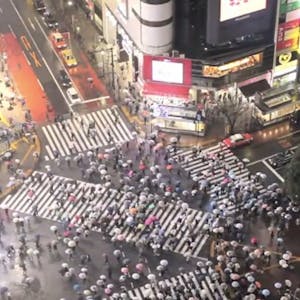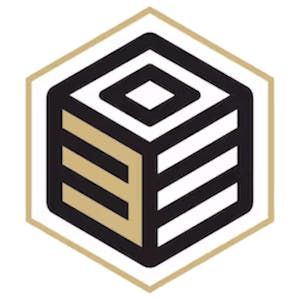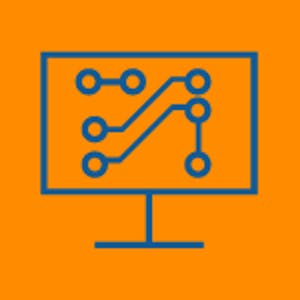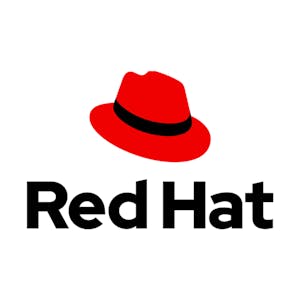Population, Food, and Soil
About this Course
This course explores the population-environment relationship. In this course, you will learn about the human population and the ways in which changes in the population affect the environment. Agriculture, soils, and the environmental implications of eating meat, vegetables, local, organic, sustainable, industrial, and other types of food are discussed too. We explore questions such as: 1. How many people live on Earth right now? 2. What is the carrying capacity of Earth? 3. What is the relationship between the number of people, where they live, the resources they consume, and their environmental impact? 4. What types of agriculture are used right now? 5. What is the difference between organic and conventional agriculture? 6. Why would you want to dig a soil pit? A conversation with Phil Connors, an Australian Environmental Scientist, will explore the topic of human population and sustainability. You will also listen to the conversations with Danielle Allen, an organic farmer, and Justin Richardson, a soil scientist.Created by: Dartmouth College

Related Online Courses
Unlock Your Marketing Potential with Copilot\\n\\nIn today\'s fast-paced, data-driven marketing landscape, staying ahead requires more than just creativity; it demands efficiency and precision. Our... more
Relational Database Support for Data Warehouses is the third course in the Data Warehousing for Business Intelligence specialization. In this course, you\'ll use analytical elements of SQL for... more
This specialization is intended for people without programming experience who seek to develop Java programming skills and learn about the underlying computer science concepts that will allow them... more
This course is for business analysts and SAS programmers who want to learn data manipulation techniques using the SAS DATA step and procedures to access, transform, and summarize data. The course... more
This specialization is intended for application developers, system administrators and architects seeking to develop their understanding of container technology. In this three-course specialization,... more







